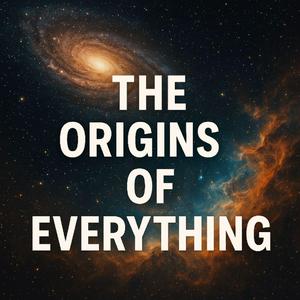This episode explores how mathematics emerged from basic human needs such as counting, planning, and survival. Early humans used fingers, stones, and tally marks to track quantities, gradually learning to abstract physical objects into symbolic numbers. As societies grew, mathematics became essential for agriculture, trade, construction, and governance, forming the invisible structure of civilization. Different cultures independently developed mathematical systems, including the revolutionary concept of zero in India and advanced calendars in the Americas. Over time, mathematics evolved from practical calculation into an abstract discipline focused on logic, proof, and universal patterns. It became the language of science, enabling humans to describe and predict natural laws. The episode concludes that mathematics is both a human invention and a discovery of underlying order — a powerful bridge between the human mind and the structure of reality itself.


